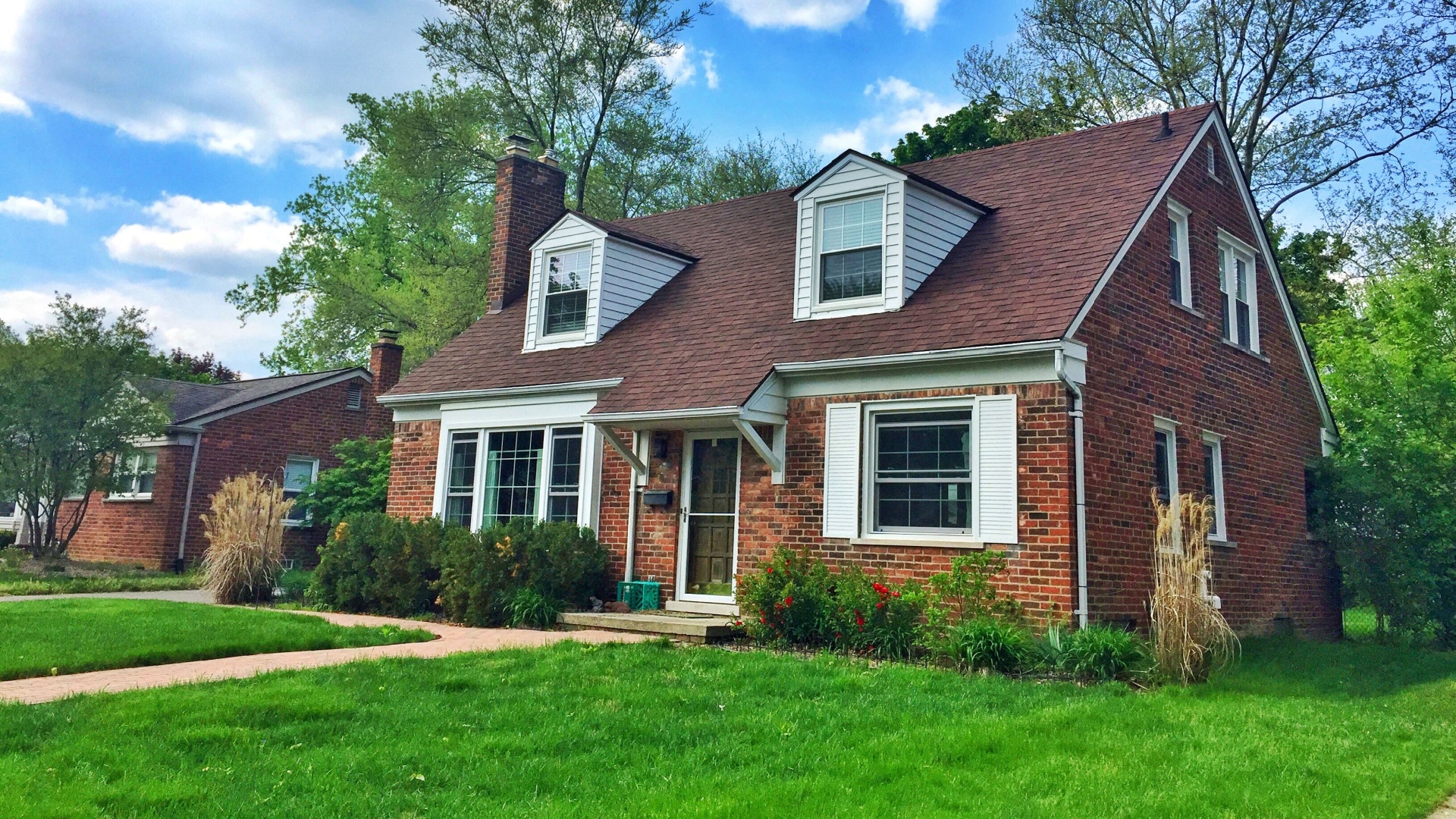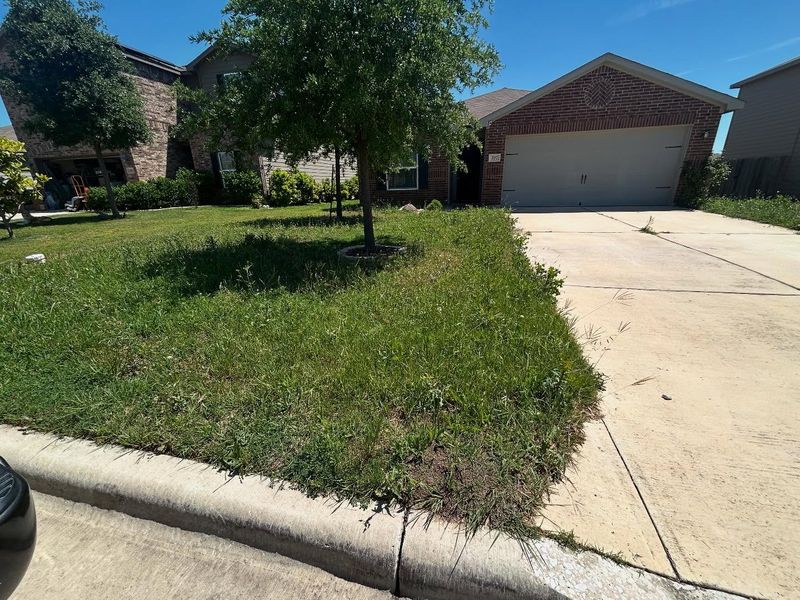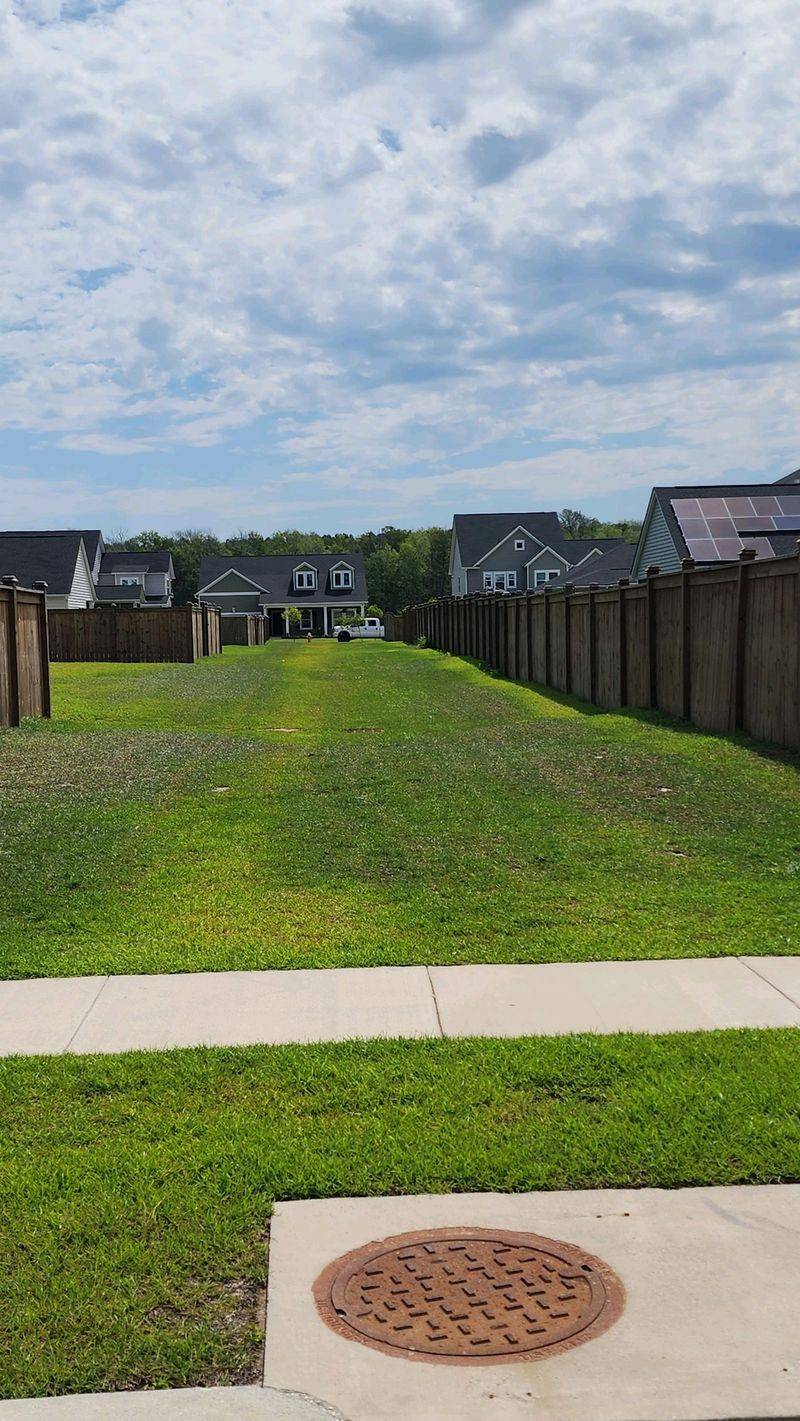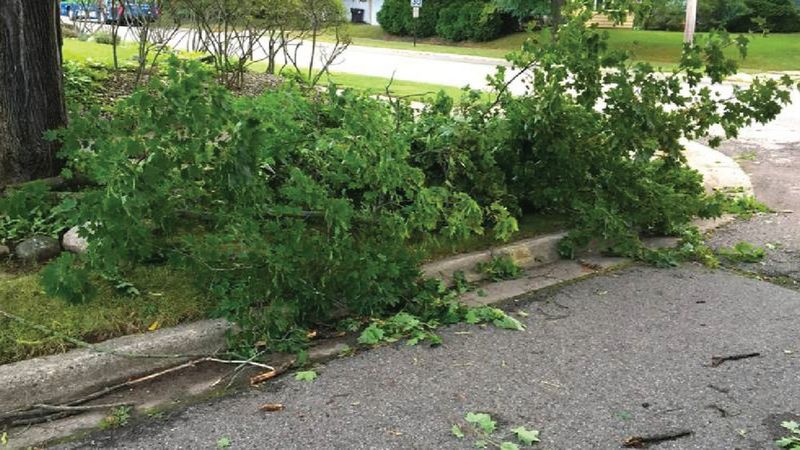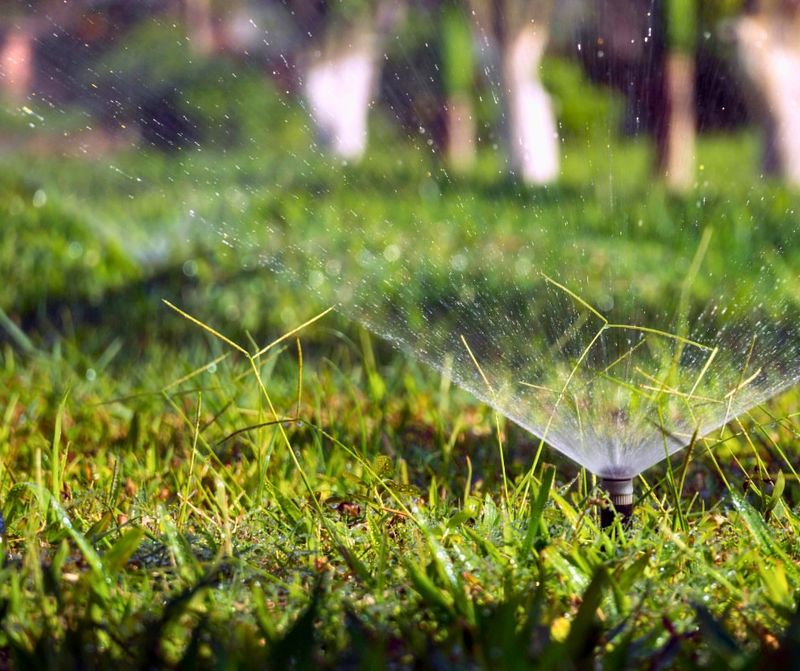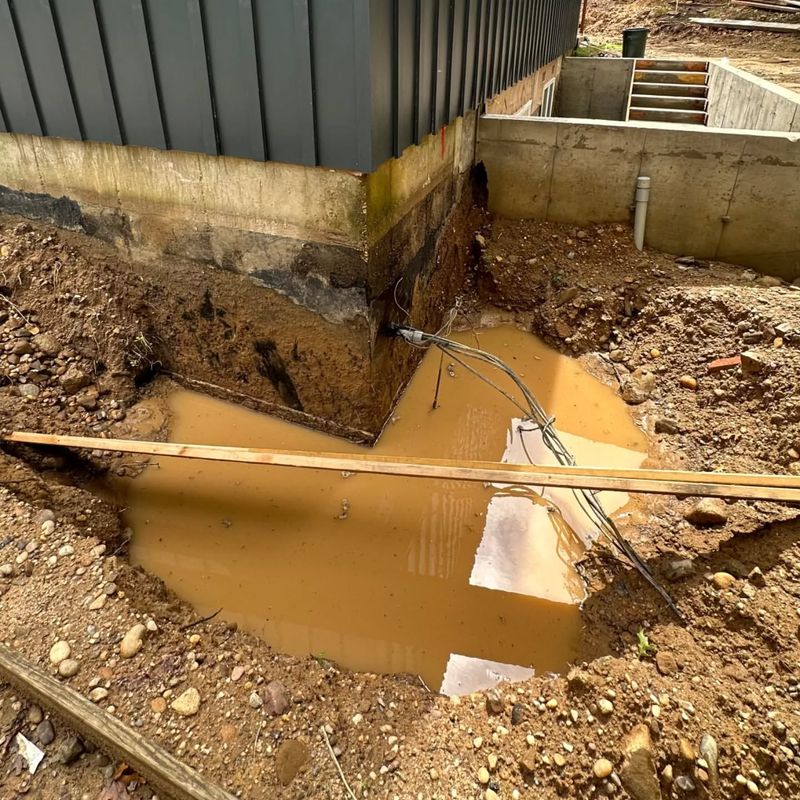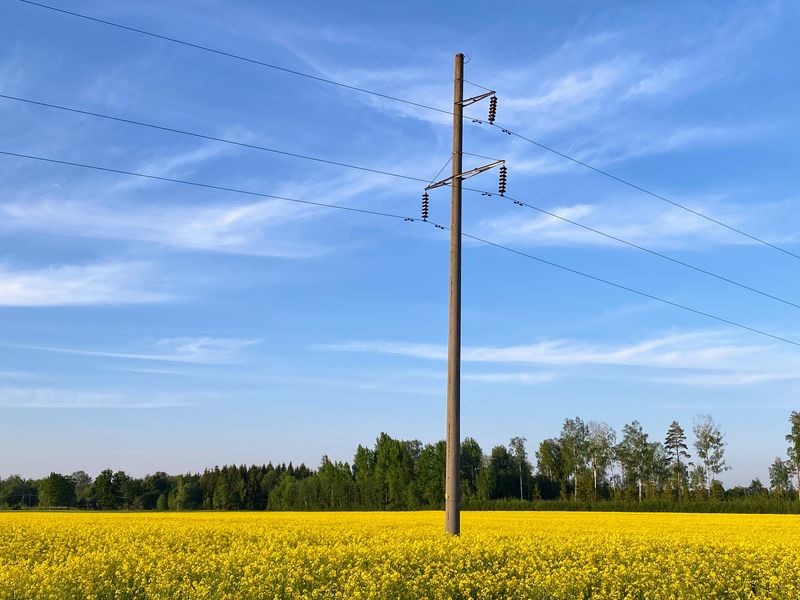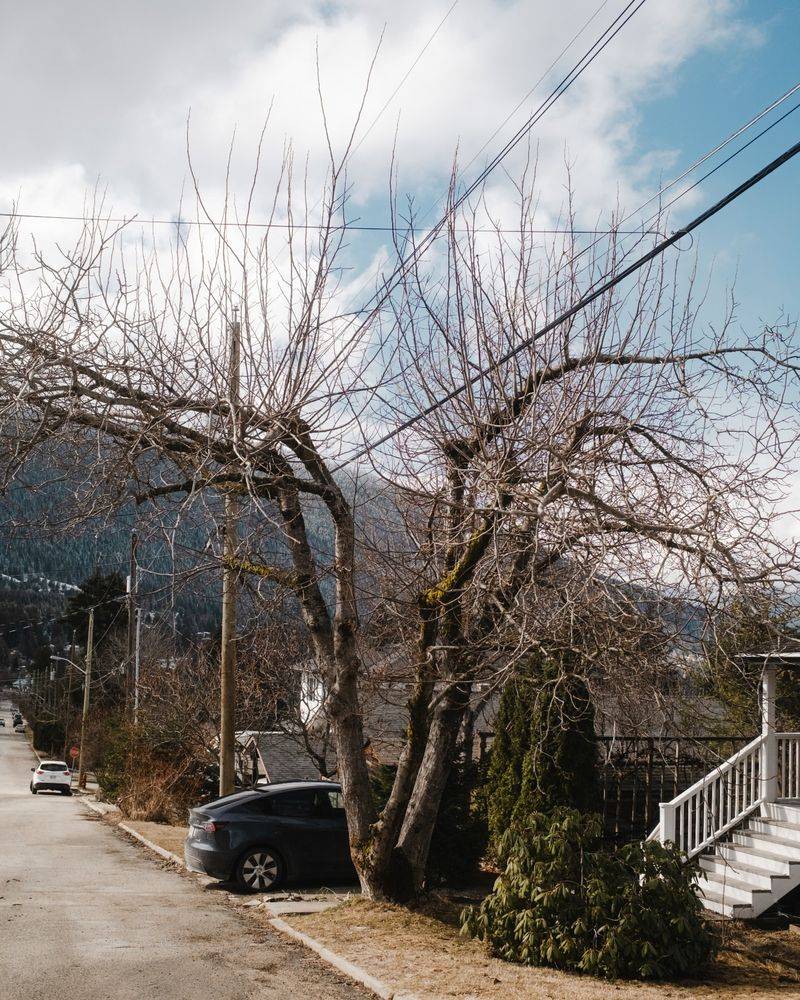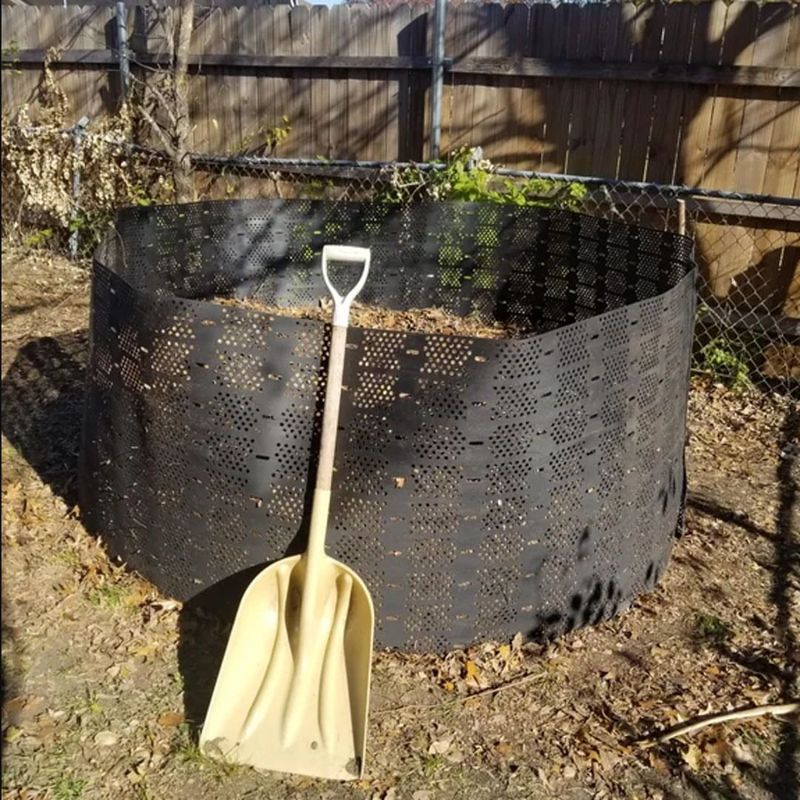A neat lawn might seem like a matter of preference—but in Michigan, it can also be a matter of law. From grass height limits to weed control and debris removal, many towns and cities have codes that could land you a warning—or a fine—if ignored.
Knowing the most common lawn mistakes can save you time, money, and a letter from the city.
1. Letting Grass Grow Too Tall
Most Michigan cities have strict height limits for lawns, typically around 8 inches. Once your grass exceeds this height, you’re officially breaking the rules.
The reasoning behind these regulations isn’t just about neighborhood appearance. Tall grass can harbor pests like ticks and rodents that spread disease. During dry seasons, overgrown lawns also become serious fire hazards.
2. Improper Fertilizer Application
Dumping too much fertilizer on your lawn isn’t just wasteful – it’s actually against the law in many Michigan communities. Excess chemicals wash into storm drains during rainfall.
From there, these nutrients flow directly into our lakes and rivers, causing harmful algae blooms. Michigan’s phosphorus fertilizer restrictions are particularly strict, requiring zero-phosphorus products unless you’re establishing new turf.
3. Blocking Sidewalks With Yard Waste
After a weekend of yard work, many homeowners pile leaves, grass clippings and branches on sidewalks while waiting for pickup. This common practice violates accessibility codes across Michigan municipalities.
Blocked sidewalks force pedestrians into streets, creating dangerous situations. For people with mobility issues, these obstacles make pathways completely impassable. The law requires keeping public walkways clear at all times.
4. Watering During Restricted Hours
During summer months, many Michigan communities implement strict watering schedules to conserve resources. Sprinklers running on the wrong day or time can result in citations.
Water restrictions typically follow odd-even patterns based on address numbers. Some cities completely prohibit daytime watering between 10am and 6pm when evaporation wastes water. Smart controllers that adjust based on weather conditions can help homeowners stay compliant.
5. Neglecting Noxious Weed Control
Michigan law specifically requires property owners to control certain invasive plants. Allowing weeds like purple loosestrife or garlic mustard to flourish on your property is actually illegal.
These aggressive invaders crowd out native plants and disrupt local ecosystems. Beyond the environmental impact, noxious weeds can spread rapidly to neighboring properties. Local authorities can mandate removal and even perform the work themselves, billing negligent homeowners for costs.
6. Improper Drainage Modifications
Regrading your yard without permits might seem harmless, but redirecting water flow onto neighboring properties violates Michigan drainage laws. Even small changes can cause serious flooding issues.
Property owners must maintain natural drainage patterns or obtain proper approvals for alterations. Sump pump discharge points also face regulations – they can’t direct water onto adjacent lots or public sidewalks. Violations often lead to expensive remediation requirements.
7. Encroaching on Utility Easements
Many homeowners don’t realize those strips of land along property edges often belong to utility companies. Planting trees, building structures, or installing fences in these areas breaks the rules.
Utility easements must remain accessible for maintenance and emergency repairs. Violations typically come to light during service calls, when crews discover unauthorized obstacles. The homeowner then faces forced removal at their own expense, sometimes with additional penalties.
8. Excessive Hardscaping Without Permits
Adding large patios, extensive retaining walls, or expansive driveways without permits violates zoning codes in most Michigan municipalities. These projects often exceed allowable lot coverage percentages.
Excessive hardscaping creates stormwater runoff problems that burden municipal systems. Many communities limit impermeable surfaces to protect watershed health. The consequences can be severe – from stop-work orders to mandatory removal of completed projects that lack proper documentation.
9. Neglecting Tree Maintenance Near Power Lines
Dead or dangerous trees threatening power infrastructure become a homeowner’s legal responsibility. Ignoring these hazards violates Michigan’s utility protection codes.
While utility companies handle routine trimming around lines, property owners must address severely compromised trees. During severe weather, neglected trees cause preventable outages affecting entire neighborhoods. Most municipalities require prompt removal after official notification, with non-compliance resulting in contractor removal at the owner’s expense.
10. Improper Compost Pile Placement
Backyard composting is eco-friendly, but placing bins too close to property lines or waterways breaks rules in many Michigan communities. Improperly managed compost attracts unwanted wildlife and creates odor problems.
Local ordinances typically require compost structures to be at least 10-15 feet from boundaries and waterways. Some municipalities mandate enclosed containers rather than open piles. Violations often come to light after neighbor complaints about smells or increased rodent activity.

